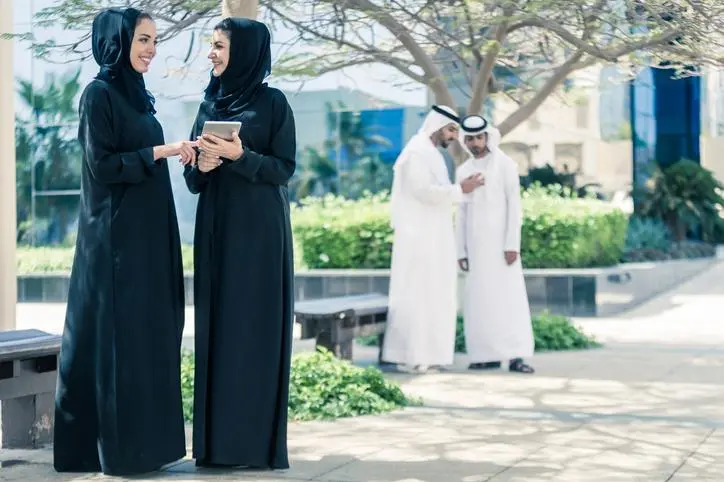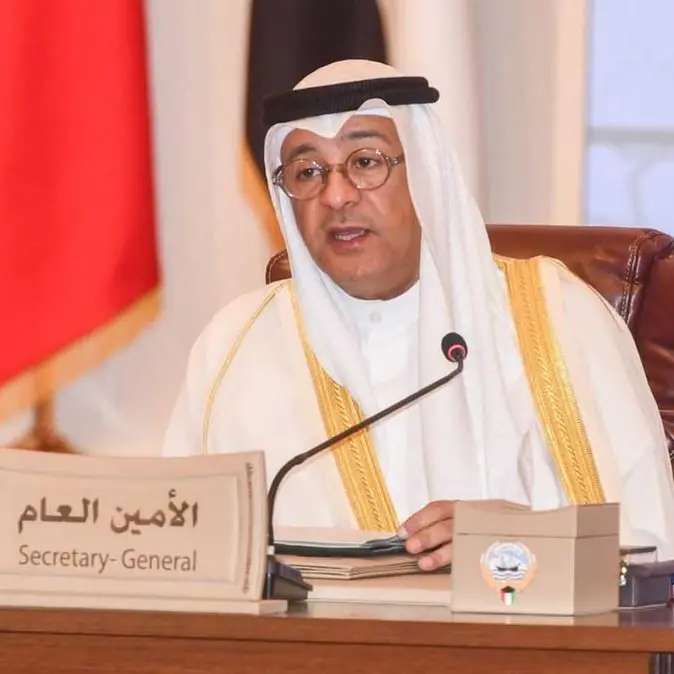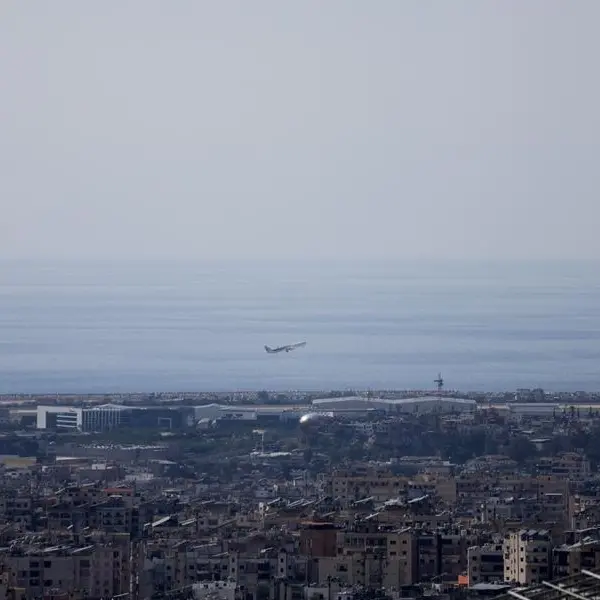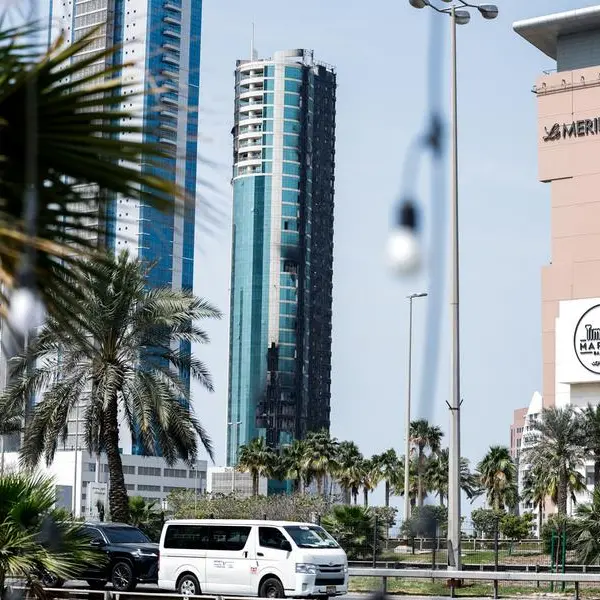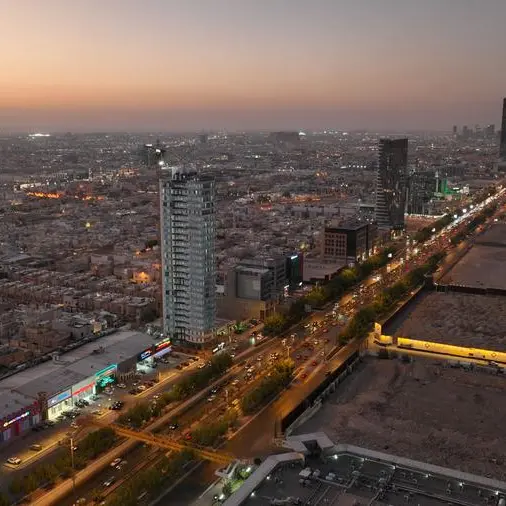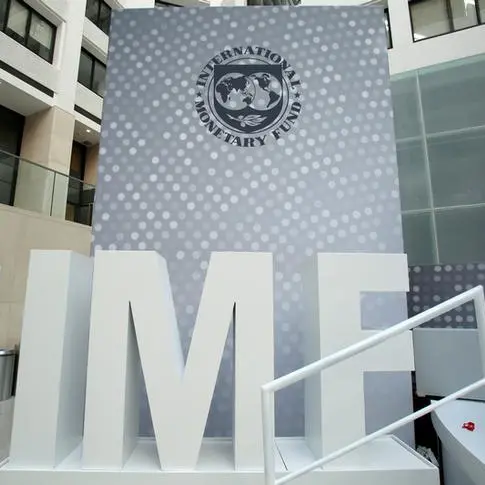PHOTO
Emirati youth say their nationality and family/tribe are most important to their personal identity, with nearly two-thirds – 65 per cent – also saying preserving their religious and cultural identity is more important to them than creating a more tolerant, liberal, and globalised society.
This is one of the key findings under the theme ‘My Identity’ of the 15th annual Asda’a BCW Arab Youth Survey.
When asked what defines their personal identity, 49 per cent of Emirati youth said ‘my nationality’ followed by ‘my family/tribe’ (24 per cent) and ‘my religion’ (10 per cent).
Across all respondents covered by the survey in the GCC, Levant and North Africa, ‘my religion’ and ‘my family/tribe’ were each named by 27 per cent of respondents overall, followed by ‘my nationality’ (15 per cent), ‘my language’ (11 per cent), ‘my Arabic heritage’ (8 per cent), ‘my gender’ (7 per cent) and ‘my political beliefs’ (4 per cent).
Religion was named as the most important to personal identity by 30 per cent of the respondents in the Levant, 27 per cent in North Africa, and 25 per cent in the Gulf Cooperation Council (GCC) states. While family/tribe was deemed most important by 37 per cent of youth in North Africa, 21 per cent in the Levant and 20 per cent in the GCC.
Over three-quarters (76 per cent) of Arab youth said they are concerned about the loss of traditional values and culture, the highest percentage saying so in five years, while nearly two-thirds (65 per cent) said preserving their religious and cultural identity is more important to them than creating a more tolerant, liberal, and globalised society.
This sentiment rises to nearly 74 per cent in the Levant, 72 per cent in the GCC states and 68 per cent in North Africa.
Interestingly, while 11 per cent said language is most important to their identity, over half (54 per cent) of the respondents said the Arabic language is less important to them than it is to their parents. This trend is seen across the three regions surveyed, with 59 per cent of GCC youth, 51 per cent in North Africa and 52 per cent in the Levant all saying it is less important to them. In the UAE, 82 per cent of Emirati youth said the Arabic language is less important to them than it is to their parents.
Reflecting the importance they place on their faith, a majority (73 per cent) disagreed that religious values are holding the Arab world back, but nearly two-thirds (65 per cent) said religion plays too big a role in the Middle East. Fewer Arab youth than in previous years feel the region needs to reform its religious institutions – down to 58 per cent this year from 77 per cent last year. This year, the face-to-face interviews with Arab youth were conducted from March 27 to April 12, coinciding with the Holy Month of Ramadan.
This sense of young Arabs embracing their religious identity is further reinforced by the finding that nearly two-thirds (62 per cent) say the laws of their country should be based on Sharia standards and not civil or common law. This sentiment is consistent across the three regions covered, with 68 per cent in GCC, 53 per cent in North Africa and 68 per cent in the Levant saying they prefer Sharia laws to govern their nations.
Sunil John, President, Mena, BCW and Founder of Asda’a BCW, said: “These findings reveal that Generation Z remains guided by faith, with their affinity toward their religion stronger than ever and many being concerned about what they see as the loss of traditional values and culture. What is evident is that Arab youth increasingly view their personal identity through the lens of religion, family and nationality.”
Copyright © 2022 Khaleej Times. All Rights Reserved. Provided by SyndiGate Media Inc. (Syndigate.info).
